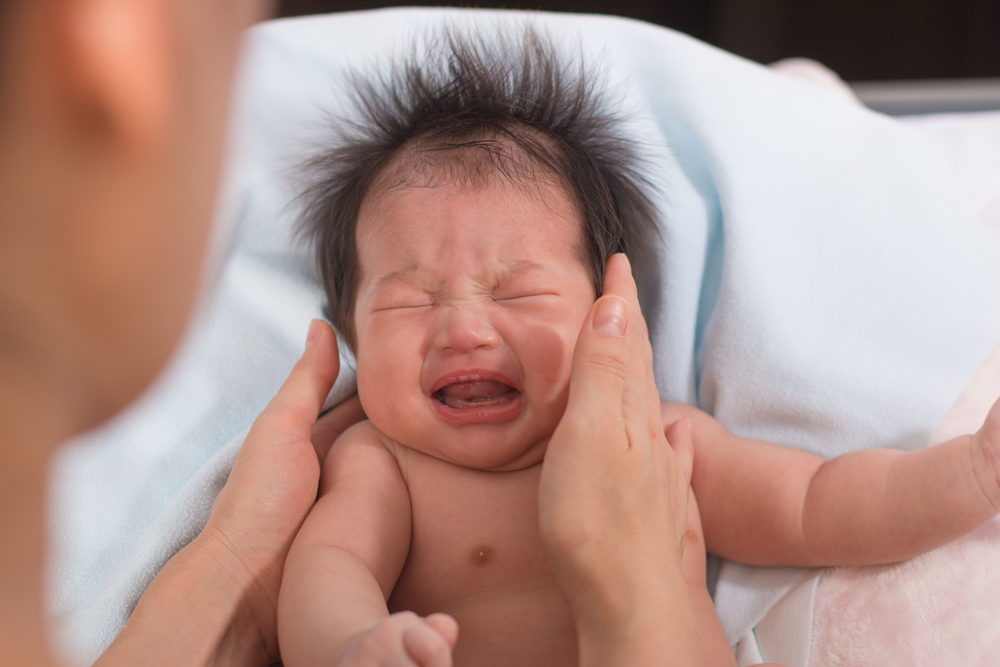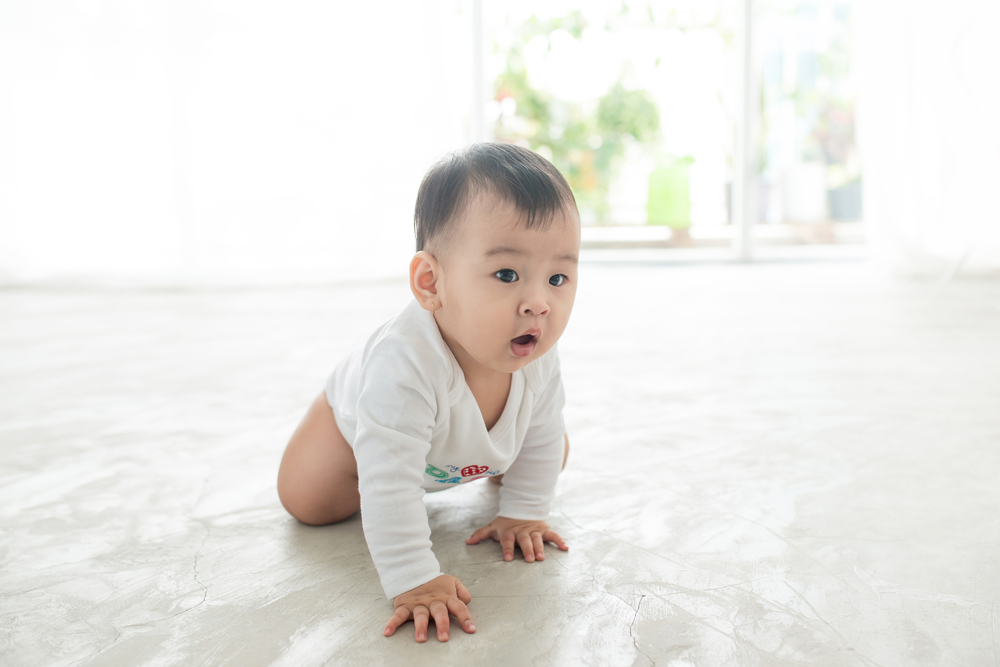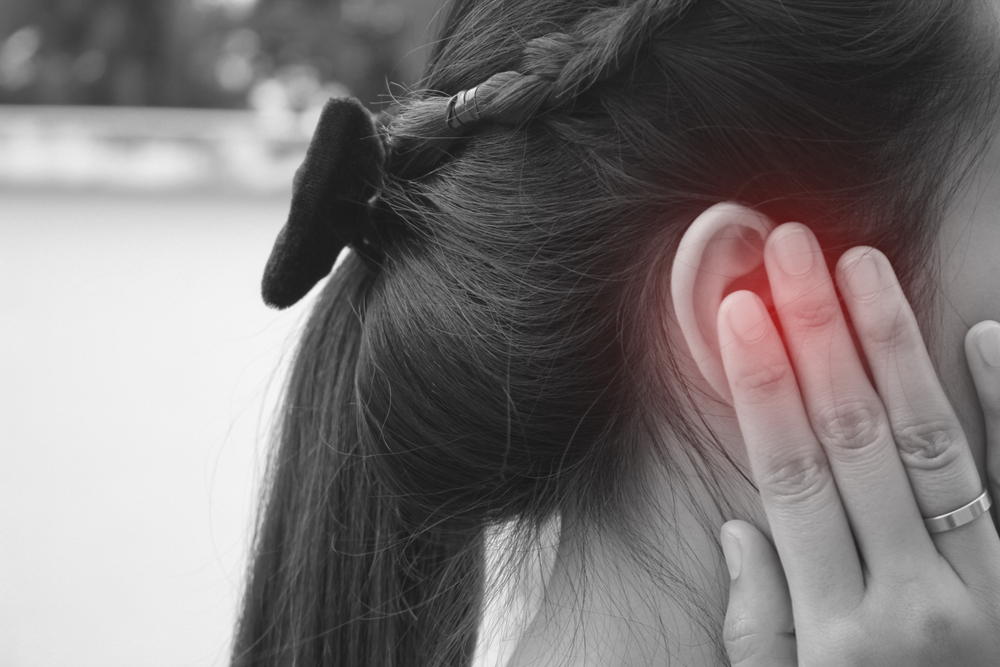Contents:
- Medical Video: What Happens In A Mothers Brain When Her Baby Cries
- The mother's brain works faster and is more sensitive when the baby cries
- The oxytocin hormone plays a role in determining the mother's response when responding to the baby's crying
Medical Video: What Happens In A Mothers Brain When Her Baby Cries
Babies cry as a way of communicating. Either cry to tell you that he is hungry, thirsty, bedwetting, scared, and various other situations that make him uncomfortable. Mothers generally respond more quickly when the baby cries, than the father. Apparently, the reaction speed of the mother to act to calm crying babies is influenced by different brain activities than at other times.
The mother's brain works faster and is more sensitive when the baby cries
For outsiders who see it, the mother's quick response to calm when the baby cries is said to be a maternal instinct. However, a study in the Journal of Neuroendocrinology states that there are several parts of the mother's brain that work more actively when they hear their baby crying. The parts of the brain are supplementary motor, inferior frontal, superior temporal, midbrain, and striatum.
The area of the brain that is activated in this study can be described as an area of "readiness" or "planning", said Robert Froemke, neuroscientist from New York University. The reason is, all parts of the brain are responsible for processing the auditory stimulation, speed of motor movements, understanding and speech, and treatment.
This activity in parts of the brain will determine how the mother responds when the baby cries. The response is to lift it, carry it, cradle it, and then invite it to talk. Marc Bornstein, Ph.D., head of child and family at the National Institute of Child Health and Human Development, said mothers only need about five seconds to act once they hear a baby crying.
This finding was concluded after observing brain activity of 684 mothers from 11 countries when interacting with their crying baby. Another study was also conducted using MRI measurements in 43 new mothers in the United States and 44 mothers in China who were more experienced in taking care of babies. The results were the same: the mothers had a similar response when they heard their baby crying.
The change in brain function in the mother actually starts since pregnancy. This change in brain function is also affected by an increase in dopamine hormone during pregnancy to prepare him to become a parent.
The oxytocin hormone plays a role in determining the mother's response when responding to the baby's crying
In addition to dopamine, the hormone oxytocin plays a major role in regulating the response of the mother in response to the crying of her baby. Froemke stated that this hormone plays an important role in establishing an inner bond between mother and baby after conducting experiments on mice.
Froemke also said that the hormone oxytocin helps to shape the mother's brain to respond to various needs of her child. Some studies suggest that mothers who give birth normally and breastfeeding have a stronger brain response when their babies cry than mothers who give birth caesarean and give formula milk to their children. One of the strong reasons underlying this is due to the involvement of the oxytocin hormone in both processes.
Because, when the baby is brought close to the breast for breastfeeding, the body triggers oxytocin to flood the brain. Oxytocin plays a role in increasing bonding, empathy, and other feelings of happiness that help to establish a close relationship with the baby.
Because crying is the only means of communication for babies, the mother's brain is designed in such a way as to understand and react specifically to respond to the baby's crying.












